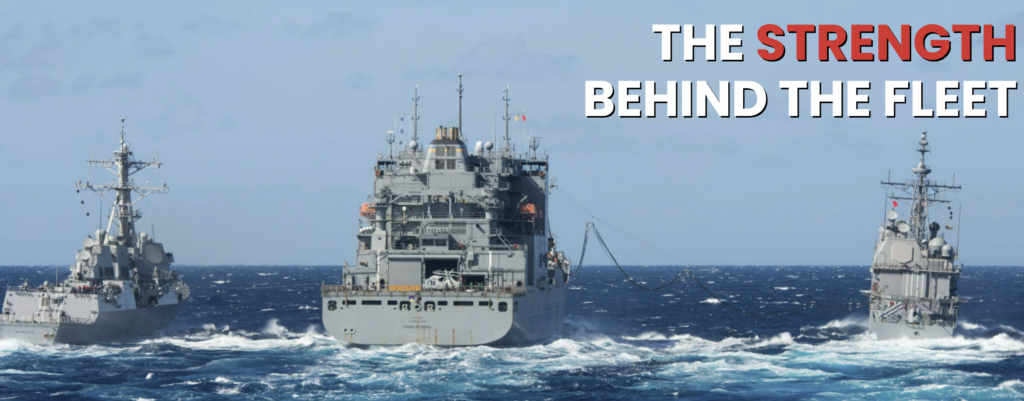
If you’re looking for a training program with a job placement rate over 90% in a growing industry nestled in the heart of Hampton Roads, you’ve come to the right place. The Virginia Ship Repair Association’s Marine Trade Training (MTT) program trains thousands of Virginians for careers in the ship repair industry.
We sat down with Todd Estes, Executive Director at Community College Workforce Cooperative, and Tamara Williams, Vice President of Workforce Solutions at Tidewater Community College (TCC), to learn more about the training and job producing machine.
Setting sail from Tidewater Community College
Back in 2017, shipyards in eastern Virginia were facing a persistent problem: business was booming, but the pool of skilled workers was shrinking. Working alongside Virginia Ship Repair Association and community colleges, Estes and Williams resurfaced the Newport News Shipbuilding Association’s framework to create the MTT program, which originally started with courses offered at TCC.
Over the past five years, over 2,600 students have completed the program, earned their credentials and gone on to work in the ship repair and building industry.
How students enroll and pay depends on the college, Virginia Ship Repair Association (VSRA) and the employer, but the maximum cost is $250. Some students go back to school to earn a credential for as little as $0.
What else jumps out about the MTT program? The 90% job placement rate.
“It’s great to get a credential, but we are even more proud when our students get a job. If you think about a model program, it should provide the student with a training credential and then a job,” Williams said. “We love programs like this. Industry partners are very vested in the program’s success.”
Industry buy-in
Williams said part of what makes the program effective is the industry partners’ buy in from start to finish. The path to a program completion is outlined below:
- Virginia Ship Repair Association (VSRA) recruits students through social media advertising, marketing and promotional events.
- Some employers pre-screen participants prior to training and offer jobs after successful completion of the training.
- VSRA approves applicants and sends students to earn their credentials at local community colleges, which include TCC, Virginia Peninsula Community College (VPCC) and Paul D. Camp Community College (CAMP). Students are offered a job contingent upon program completion.
- Students have the option to enroll in different classes based on their interests. For example, TCC offers welding, coatings, sheet metal, pipe fitting and structural fitting while VPCC offers welding and marine electrical courses and CAMP offers welding and outside machinist classes.
- Once students complete their training, they are hired for the job and ready to start working.
Taking a turn in a new direction
Year after year, students come back to Williams and share their experiences with her. Most of the time, students say the program helped them discover a new career path that better suits their interests.
“It’s transformational for individuals. Students didn’t realize this training could lead to a higher socioeconomic status for them. We’re transforming lives through this program,” Williams said.
For example, one student entered the MTT program after realizing that a four-year engineering degree wasn’t for him. After looking over the FastForward website, he saw welding and was struck by the hands-on aspects of the program. Shortly after, he signed up for MTT, completed the program and is now working with an industry partner making great money.
Never ending demand
Jobs in the ship repair industry aren’t going anywhere. In fact, Williams shared that the list of employers reaching out to hire more students grows each day.
“Students make it through the program, and by the time they are done, they have a job because there are so many out there for them. You’ve got employers waiting for students even before they cross the finish line,” Williams added.
Moving forward
What’s in store for MTT in the future? Estes said making sure there are enough skilled workers for employers that continue to embark on new projects is a top priority. “When more students are ready, this is going to create a healthy workforce ecosystem in Hampton Roads,” he said.
Ship repair and ship building aren’t the only industries that benefit from industry-centered programs. Estes and Williams hope to scale up the MTT program to also support bridge and tunnel repair, offshore wind construction and other high-demand skills needed in the Hampton Roads area. Estes shared that partnerships between associations and industry are hugely important for the future of workforce development.
To learn more about the MTT program in Hampton Roads, check out their website and see how you can get started today. If you’re looking for more student stories, this video can give you another glimpse into the program.